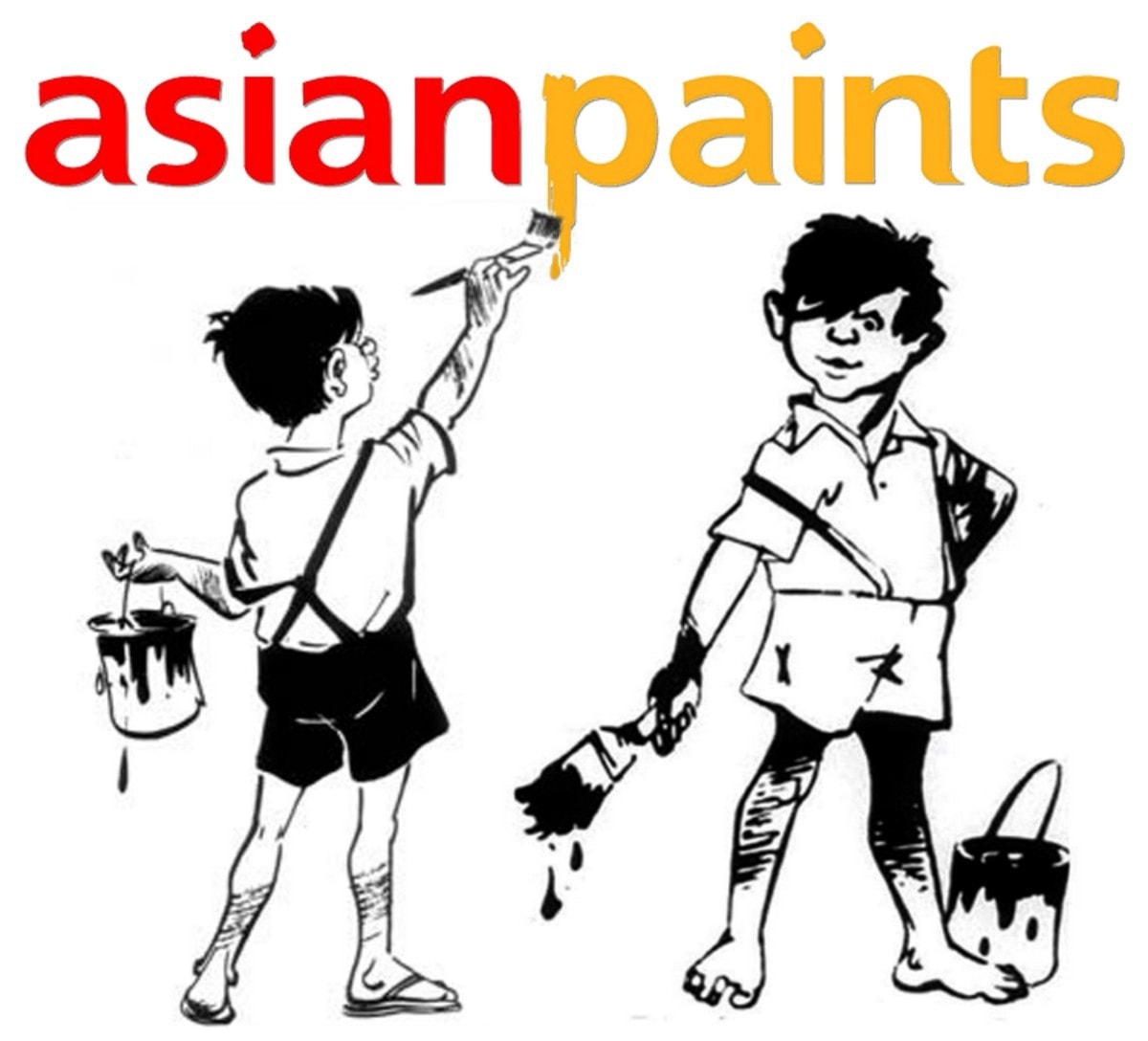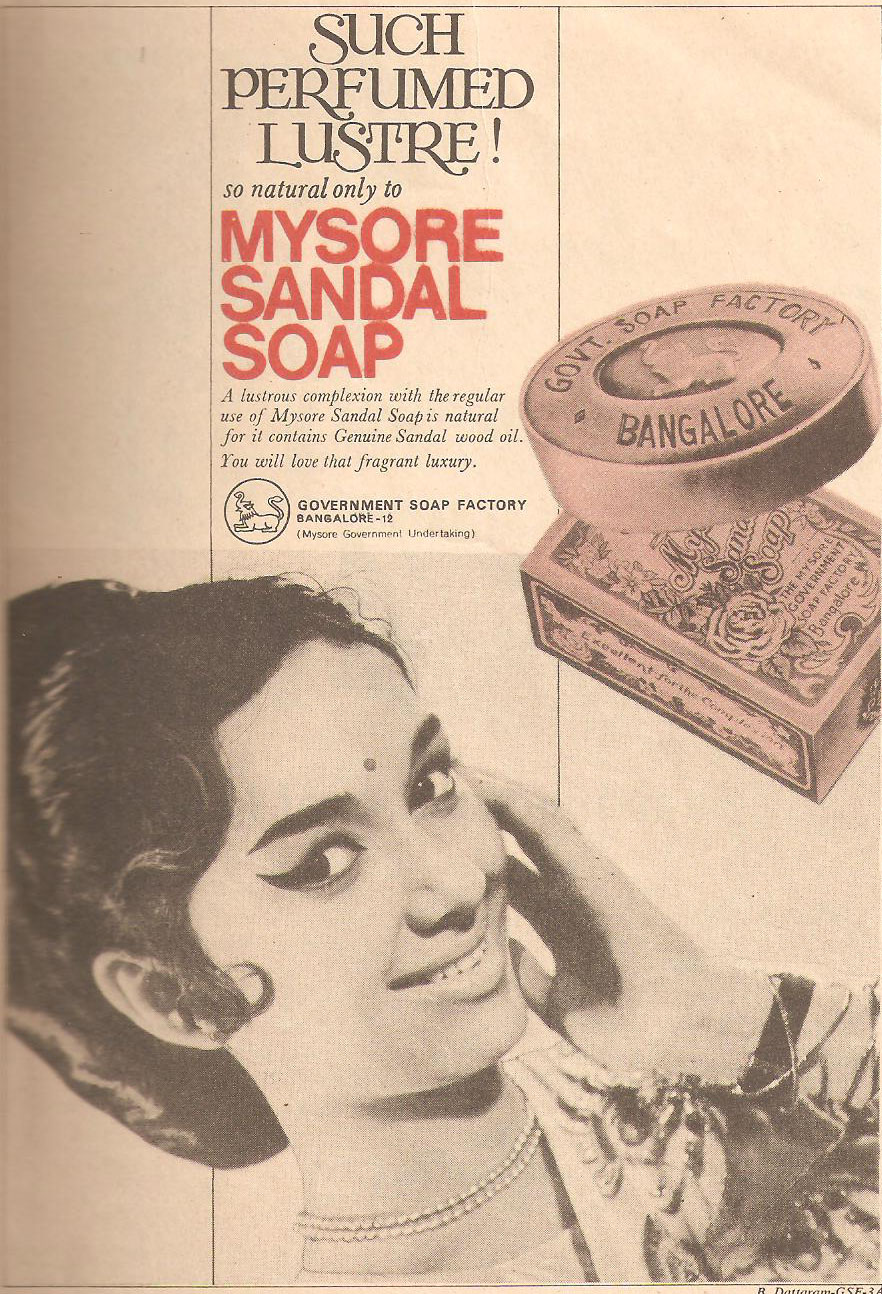India has been home to many leading brands that have swadeshi roots and are renowned globally. Today we bring you a few such brands from a long list of names that have become a significant name in our lives today.
Boroline

Boroline, a company that manufactures an antiseptic perfume cream, was launched in 1929 in Kolkata by Gourmohan Dutta who was a rich Bengali merchant. Dutta joined the Swadeshi movement and started manufacturing medicinal products to compete with the foreign ones.
Over the years, the brand’s popularity soared, and it became an icon of national economic self-sufficiency in a nation that was still under British rule. It is still one of the most popular brands in India.
Asian Paints

Asian Paints Limited was established way back in February 1942 and today stands as India’s largest and Asia’s third-largest paint company.
The company was started in a garage in Gaiwadi, Mumbai by four friends (Champaklal Choksey, Chimanlal Choksi, Suryakant Dani, and Arvind Vakil). During World War II and the Quit India Movement of 1942, a temporary ban on paint imports left only foreign companies and Shalimar Paints in the market. Asian Paints took up the market and reported annual turn over of ₹23 crores in 1952 but with only 2% PBT margin. By 1967, it became the leading paint manufacturer in the country.
Today, Asian Paints operates in 17 countries and has 25 paint manufacturing facilities in the world servicing consumers in over 65 countries.
Mysore Sandal Soap

Mysore Sandal Soap is manufactured by the Karnataka Soaps and Detergents Limited (KSDL). KSDL is a company that is owned by the government of Karnataka. This soap has been manufactured since 1916, when Krishna Raja Wadiyar IV, the king of Mysore, set up the Government Soap Factory in Bangalore.
Mahindra & Mahindra

Mahindra & Mahindra was first established as Muhammad & Mahindra in 1945 by the brothers J. C. Mahindra and K. C. Mahindra, and Malik Ghulam Muhammad in Ludhiana, Punjab to trade steel.
After the Partition of India in 1947, Malik Ghulam Muhammad left the company and emigrated to Pakistan where he became the first finance minister of the new state. In 1948, K. C. Mahindra changed the company’s name to Mahindra & Mahindra.
Old Monk

In 1949, the late N.N. Mohan took charge of a brewery named Dyer Meakin & Co.Ltd, and built a big industrial hub near Ghaziabad (U.P.) to run the business.
Old Monk, a vatted dark rum with a distinct underlying vanilla flavor was officially introduced in 1954 and the company was renamed Mohan Meakin Limited in 1966. Edward Abraham Dyer, a Scottish entrepreneur and co-owner of Dyer Meakin & Co.Ltd is the inventor of Old Monk.
Amul Butter

Much before India became independent and Anand Milk Union Limited started the Amul revolution, Polson became India’s first commercially made butter.
Amul cooperative was registered on 19 December 1946 as a response to the exploitation of marginal milk producers by traders. The prices of milk were arbitrarily determined. The government had given monopoly rights to Polson to collect milk from Kaira and supply it to Mumbai city. Dairy farmers in the country were in a deplorable condition.
Dairy engineer Verghese Kurien was entrusted with the responsibility of spearheading the co-operative movement that went on to become the legend that is ‘Amul’. In the beginning, Amul found it difficult to beat Polson because Indians were used to the Polson taste but with intensive marketing, they were able to take the lead in the market.
Air India

Air Corporation Act, 1953, established two Corporations by the names ‘Indian Airlines’ and ‘Air India International’. Air India had its origin as Tata Air Services later renamed to Tata Airlines founded by J. R. D. Tata of Tata Sons, an Indian aviator, and business tycoon. After World War II, regular commercial service was restored in India and Tata Airlines became a public limited company on 29 July 1946 under the name Air India.
Parle G

Parle Products began manufacturing biscuits in 1939. In 1947, when India became independent, the company launched an ad campaign, showcasing its Gluco brand of biscuits as an Indian alternative to British-branded biscuits. Interestingly, Parle-G biscuits were earlier called ‘Parle Gluco’ Biscuits until the 1980s.
















